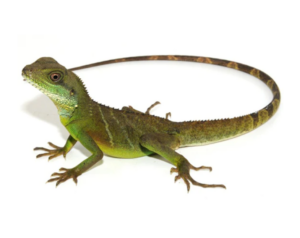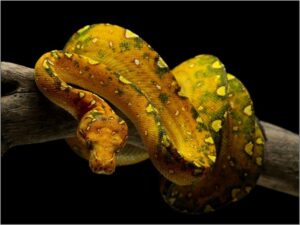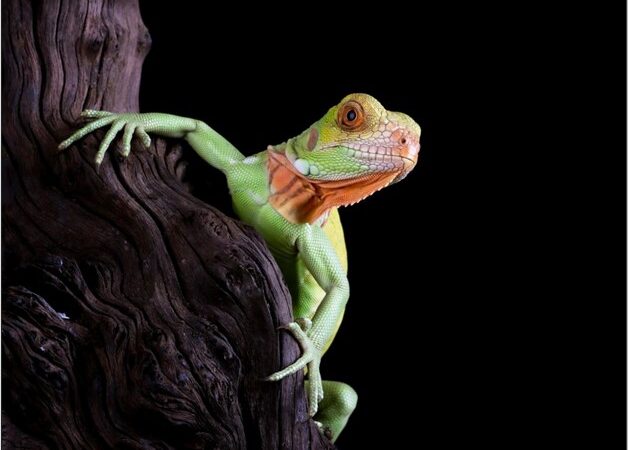The following advice is provided by the Irish Pet Advertising Advisory Group:
What should you consider before getting an exotic pet?
Many exotic pets have highly demanding care requirements. Unfortunately a cute picture of a chinchilla, hedgehog or other exotic pet encourages people to buy without any knowledge of how to care for a specific animal.
Buying an exotic animal requires extensive research for you to learn how to provide the correct lighting, heating, humidity, diet and other needs in order to keep the pet healthy.

Some exotic species can grow extremely large. Others can live for 50 years or more. More still are only suitable being raised by experienced keepers.
Before buying an exotic pet, consider whether you can commit to providing care throughout the animal’s entire life.
As with all animals, exotic pets have welfare needs and owners have a legal duty to make sure their pet has these five basic needs:
- A suitable living environment
- An acceptable diet
- Ability to act according to natural behaviour
- Companionship if necessary
- To be healthy and protected from pain, injury or disease
- Research before you buy. Be sure you fully understand and appreciate the needs of the species you are interested in, and will be able to afford to meet them for the lifetime of the animal. This includes costs such as electricity to constantly run equipment such as lights and heaters.
- Consider contacting your local animal rescue/rehoming Centre.
- Seek advice from reputable books and websites, local interest groups and your local veterinary practice who may also be able to recommend a suitable expert for additional advice.
- Ensure you know what facilities are necessary to provide a suitable environment for the type of animal you are thinking of keeping – e.g., vivarium, temperature, humidity, light quality, etc.
- Ensure you buy from someone who specialises in the animal you are interested in.

- Visit the animal you are intending to buy.
- Check that the animal’s accommodation is clean, it is supplied with the appropriate food and water, and that special equipment for maintaining the animal’s environment (e.g., heat lamps or UV lights, etc) are working properly.
- Ensure that all relevant paperwork is available for inspection when you visit. This could include any necessary permits such as CITES registration documents, Dangerous Wild Animals Licence or other documentation.
- If any paperwork is unavailable and has to be sent on, obtain a written commitment as to when it will be delivered.
- Ensure that the animal you are buying is healthy and free from signs of injury or disease.
- Exotic animals often require specialist care from a veterinary surgeon and may require referral to a specialist which can be very expensive.
To see more advice and guidelines from IPAAG regarding buying or advertisng an animal click here.




